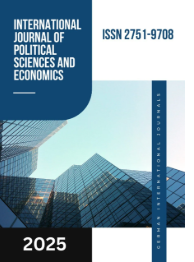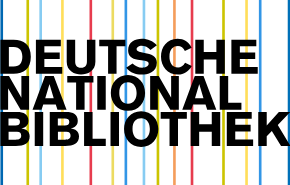METHODOLOGY OF FORMING ECOLOGICAL CULTURE IN PRIMARY SCHOOL PUPILS
DOI:
https://doi.org/10.55640/Keywords:
ecological culture, primary education, environmental awareness, sustainability, methodology, pedagogy, green behavior, nature, students, teaching methods, environmental ethics, curriculumAbstract
The development of ecological culture in primary school students is a critical aspect of modern education, reflecting society's growing concern for environmental sustainability. This study explores the methodology of forming ecological culture in younger learners using an integrated pedagogical approach. The research combines traditional didactic methods with interactive environmental activities, emphasizing the role of school, family, and community partnerships. An experimental study was conducted in selected schools involving 180 students over six months. Data were collected using qualitative and quantitative methods, including classroom observations, interviews, and ecological literacy assessments. The results show that students exposed to structured ecological education programs demonstrated significant improvements in environmental awareness, attitudes, and behavioral practices. The study concludes with methodical recommendations for educators and policymakers. The findings contribute to a growing body of knowledge advocating early ecological education as a foundation for lifelong sustainable behavior and responsible citizenship.
References
1.Абдурасулов, К. Экологик маданият асослари. – Т.: Fan, 2020. – 176 б.
2.Салимова, Н. Бошланғич синф ўқувчиларининг экологик тарбияси. – Тошкент: Иқбол, 2022. – 144 б.
3.Комилова, З. Экологик таълимда инновацион методлар. // Педагогика ва психология. – 2021. – №4. – Б. 68–74.
4.Vygotsky, L. S. Mind in Society: The Development of Higher Psychological Processes. – Cambridge: Harvard University Press, 1978.
5.Piaget, J. The Moral Judgment of the Child. – New York: Free Press, 1965.
6.Kolb, D. Experiential Learning: Experience as the Source of Learning and Development. – Englewood Cliffs: Prentice Hall, 1984.
7.UNESCO. Education for Sustainable Development Goals: Learning Objectives. – Paris: UNESCO, 2017. – 58 p.
8.OECD. Environmental Education for the 21st Century. – Paris: OECD Publishing, 2020. – 112 p.
9.Назарова, Л. Экология ва болалар: таълимда янги ёндашувлар. // Янги Ўзбекистон таълими. – 2023. – №2. – Б. 35–40.
10.Ganieva, Z. Early Environmental Literacy in Central Asia. // International Journal of Educational Development. – 2022. – Vol. 4, No. 1. – P. 12–19.
Downloads
Published
Issue
Section
License

This work is licensed under a Creative Commons Attribution 4.0 International License.
Authors retain the copyright of their manuscripts, and all Open Access articles are disseminated under the terms of the Creative Commons Attribution License 4.0 (CC-BY), which licenses unrestricted use, distribution, and reproduction in any medium, provided that the original work is appropriately cited. The use of general descriptive names, trade names, trademarks, and so forth in this publication, even if not specifically identified, does not imply that these names are not protected by the relevant laws and regulations.







